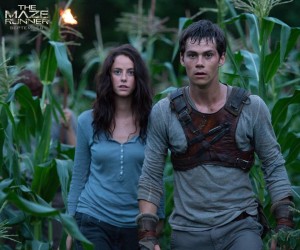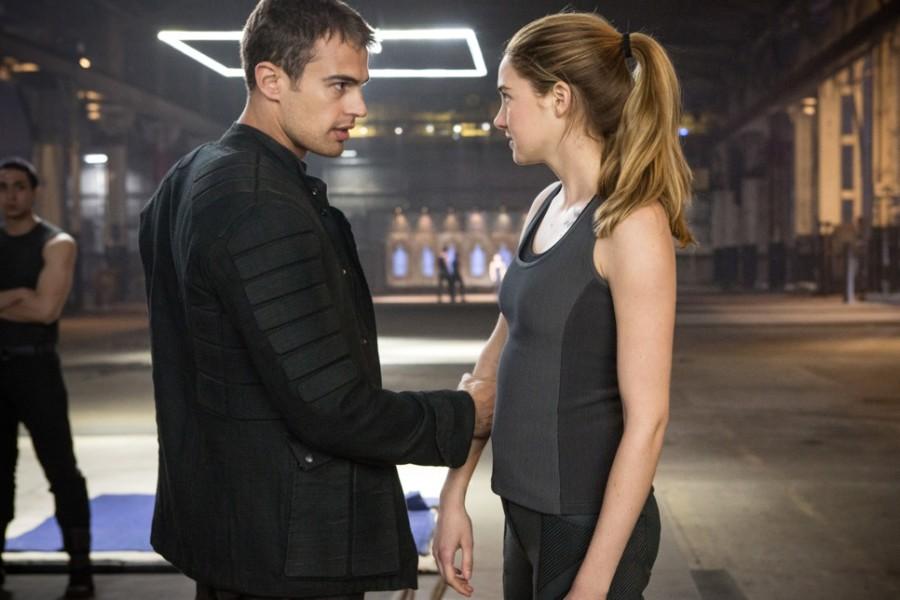
Last week, I saw a trailer for the movie “The Maze Runner,” the first installment in a successful young-adult book series that takes place in a dystopian, post-apocalyptic world. While most people would watch the 60-second clip and move on, it sparked an interesting thought.
Just last month, “The Giver” was released into theaters, which is also a story set in a dystopian universe. And before that there was “Divergent” and “The Hunger Games.”
Why is there a growing number of dystopian films? What’s next, a film adaptation of George Orwell’s “1984” or “Animal Farm?” Or perhaps Aldous Huxley’s famous dystopian tale “Brave New World?”
My guess is that the sudden surge in post-apocalyptic adventure/romance/cheesiness has little to do with an increased interest in the genre, and more to do with the overwhelming financial success of popular dystopian stories “The Hunger Games” and “Divergent.” Both were enormous box-office hits. The first “Hunger Games” film, which debuted in 2012, grossed $152.5 million, and the sequel, “The Hunger Games: Catching Fire,” cashed in $161.1 million, breaking the record for best November debut.
The popularity of the films permeated popular culture for months after each premiere. It was nearly impossible to walk down a school hallway or cross the street without seeing the classic Katniss Everdeen hair braid.
“Divergent” received $56 million its opening weekend and dominated films like Disney’s “Muppet’s Most Wanted.” Due to its success, the rest of the books in the series are expected to hit theaters within the next year.
Based off those numbers, it makes sense for production companies to continue shooting dystopian films. After all, adapting other dystopian stories into films would make money and transfer the fan base to other projects, right?
Wrong. The success of those movies did not leave a magical blueprint for the rest of its dystopian story family.
The anticipated dystopian films “Transcendence” and “The Giver” were shocking disappointments at the box office, especially to people who have already read “The Giver” and are fans of Johnny Depp. Depp’s appearance in “Transcendence” was not enough, and the film made $16 million its opening weekend, followed by “The Giver” at $12.7 million.
Looking at the wild success of “The Hunger Games” and “Divergent,” it is surprising that the dystopian films that came out this summer did not do as well as its predecessors. Similar to “The Hunger Games” and “Divergent,” “The Giver” was a classic, beloved young-adult book.
What will happen to “The Maze Runner,” another admired novel, when it comes to theaters Sept. 19? Will it join “The Hunger Games” and “Divergent” on a pedestal of high-grossing movies? Or will it tragically flop alongside “The Giver” and “Transcendence?” It’s hard to say.
It is also unclear whether or not the trend of dystopian movies will continue after the way the films have been making less money than anticipated. If “The Maze Runner” is a dud, filmmakers will likely reconsider producing dystopian movies based on novels and realize that just because a couple of movies based off beloved stories were successful, it does not mean every book-adapted movie will be. Or maybe “The Maze Runner” will be just as wildly successful as “The Hunger Games” and “Divergent,” and this is the beginning of a lasting dystopian trend.


